Mental Health and Counseling: Grief Therapy Case Study Analysis
VerifiedAdded on 2023/04/26
|5
|942
|361
Case Study
AI Summary
This case study focuses on Diana, a 15-year-old American-African girl experiencing complicated grief due to the deaths of her mother and grandmother, compounded by her mother's lifestyle and the absence of her father. The case study outlines a treatment plan involving the aunt and healthcare providers. The plan emphasizes understanding the client's pain, differentiating between normal and complicated grieving, and providing culturally sensitive care. Interventions include using a commemorative book, showing compassion, and referring Diana to Complicated Grief Treatment if needed. The second part of the plan focuses on the nurses' role, emphasizing the need to avoid suppressing the client's sorrow and developing effective care methodologies. The case study highlights the importance of cultural sensitivity in assessing and addressing grief, with the goal of helping Diana develop a positive attitude towards therapy and successfully navigate her bereavement.
1 out of 5
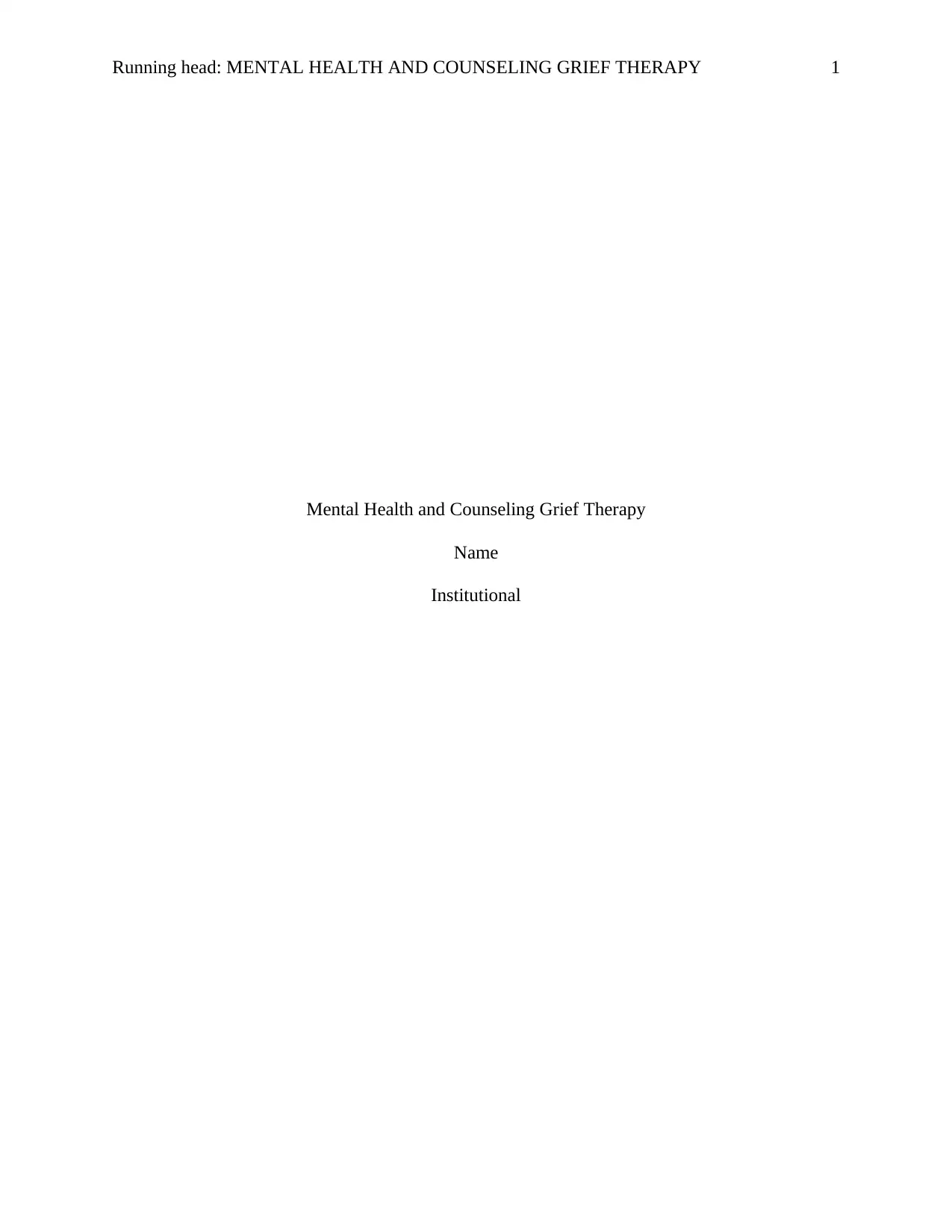
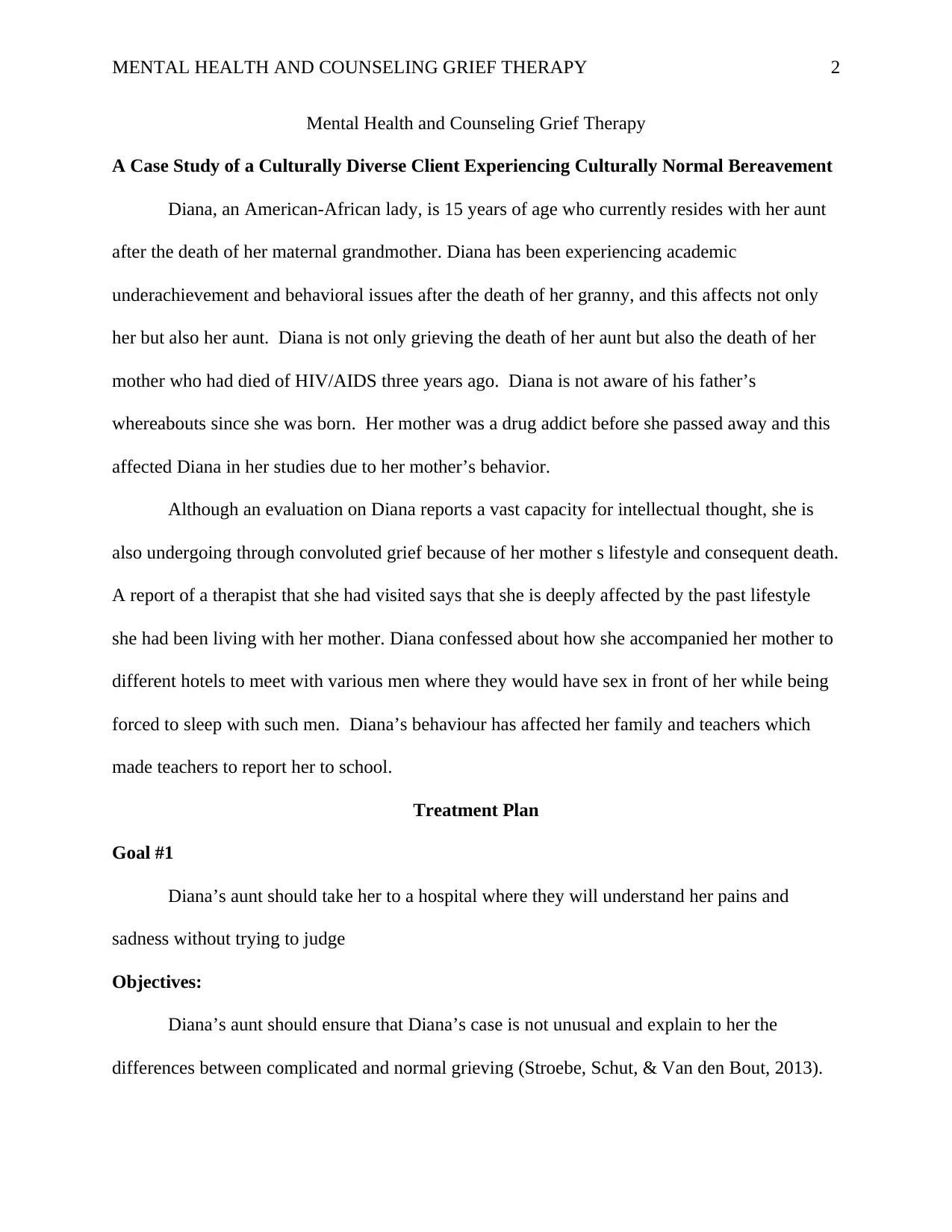
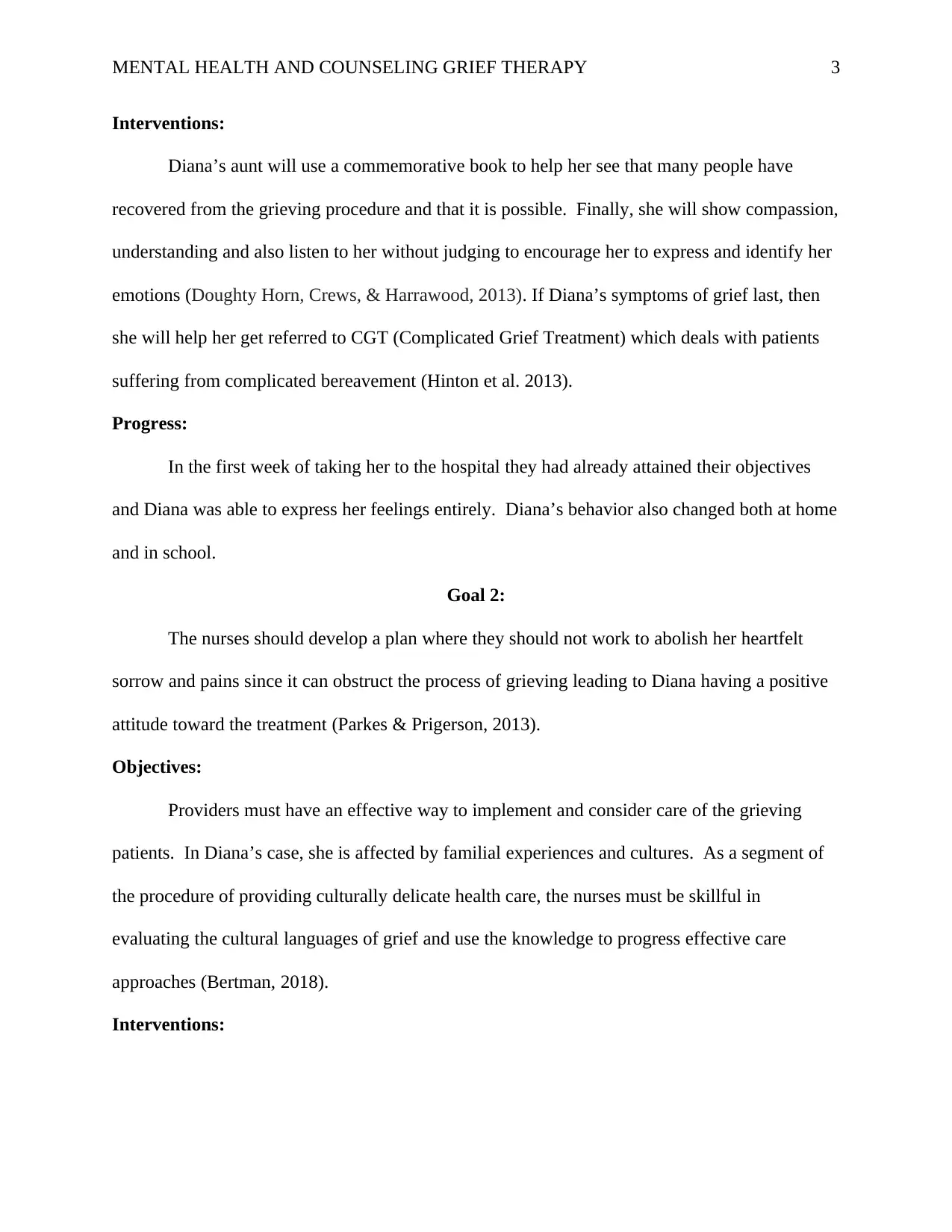

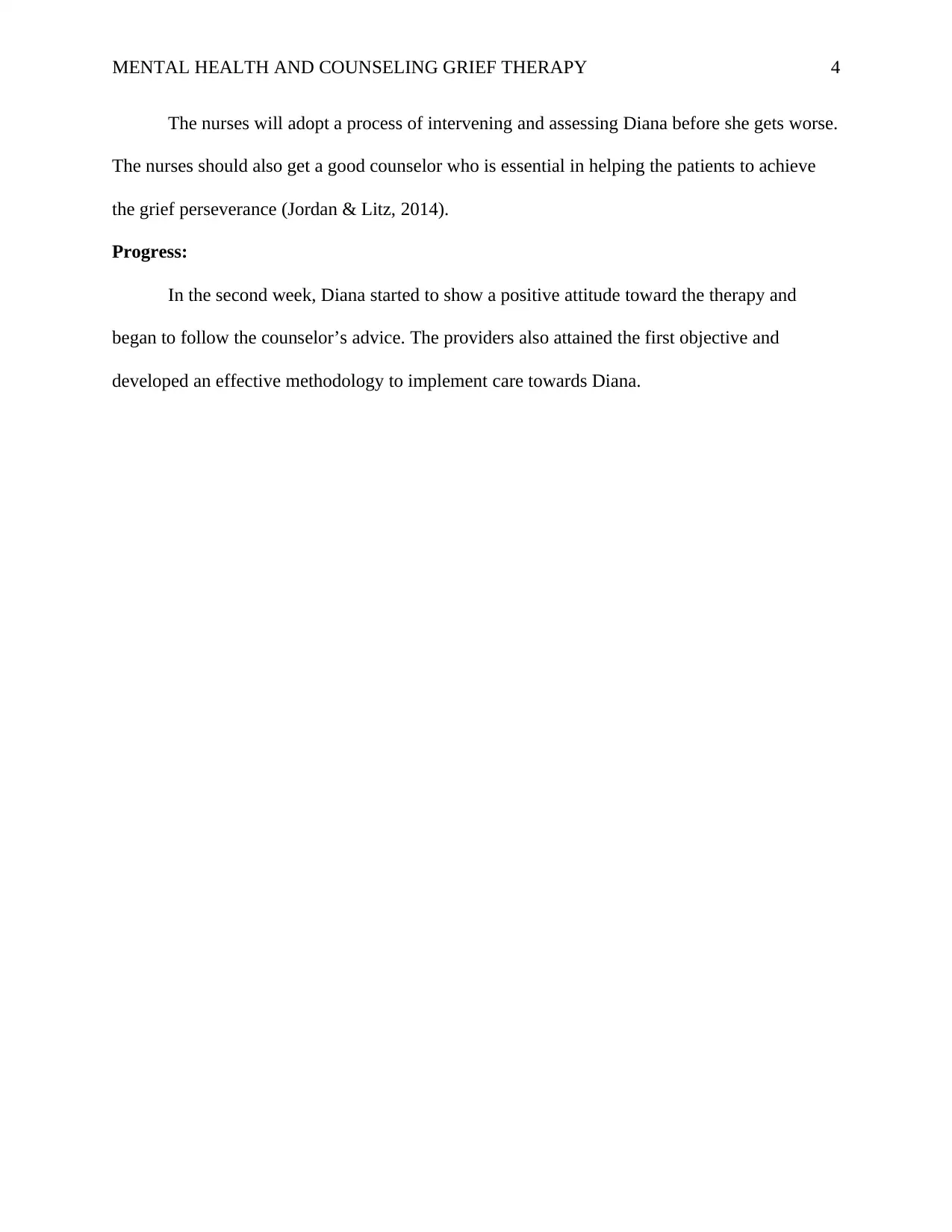
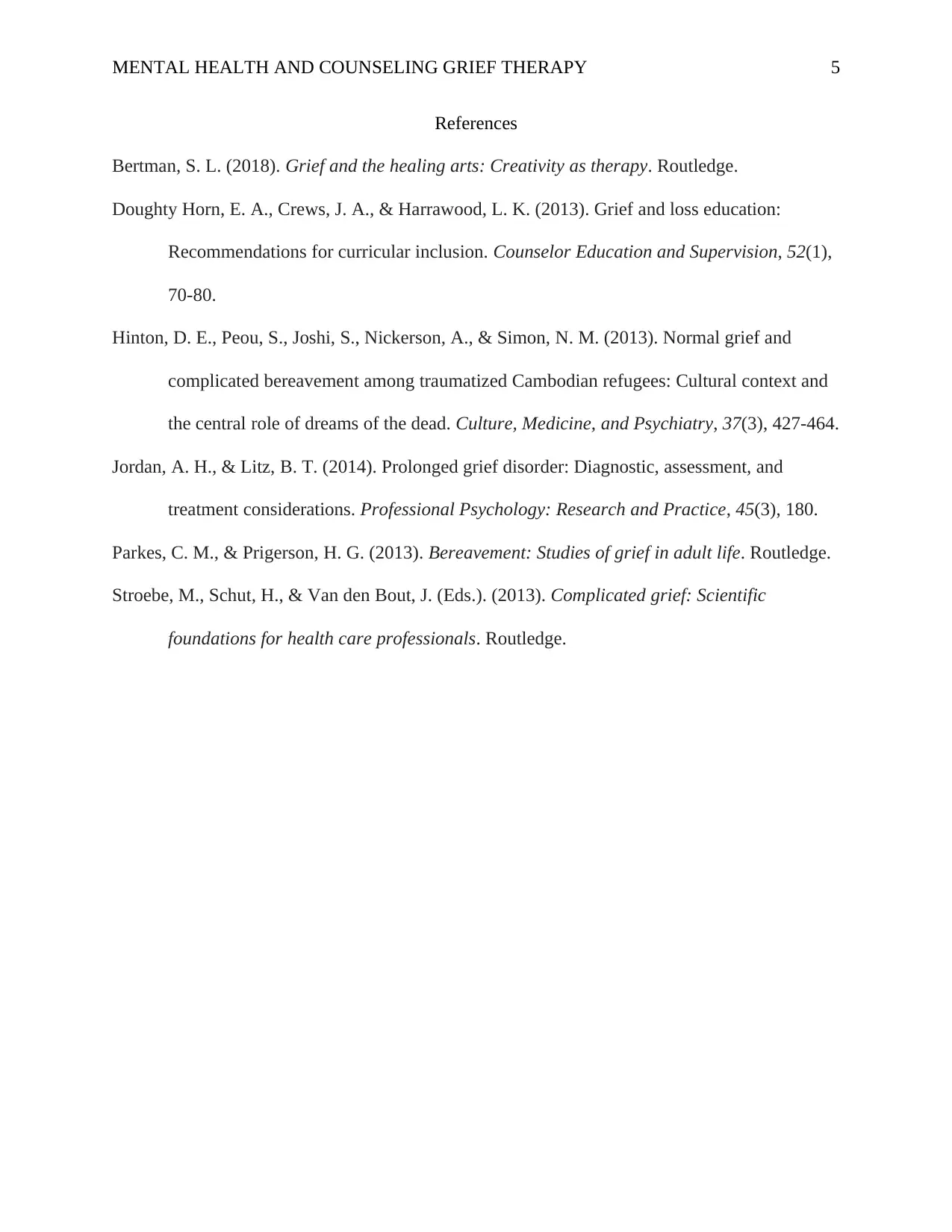






![[object Object]](/_next/static/media/star-bottom.7253800d.svg)